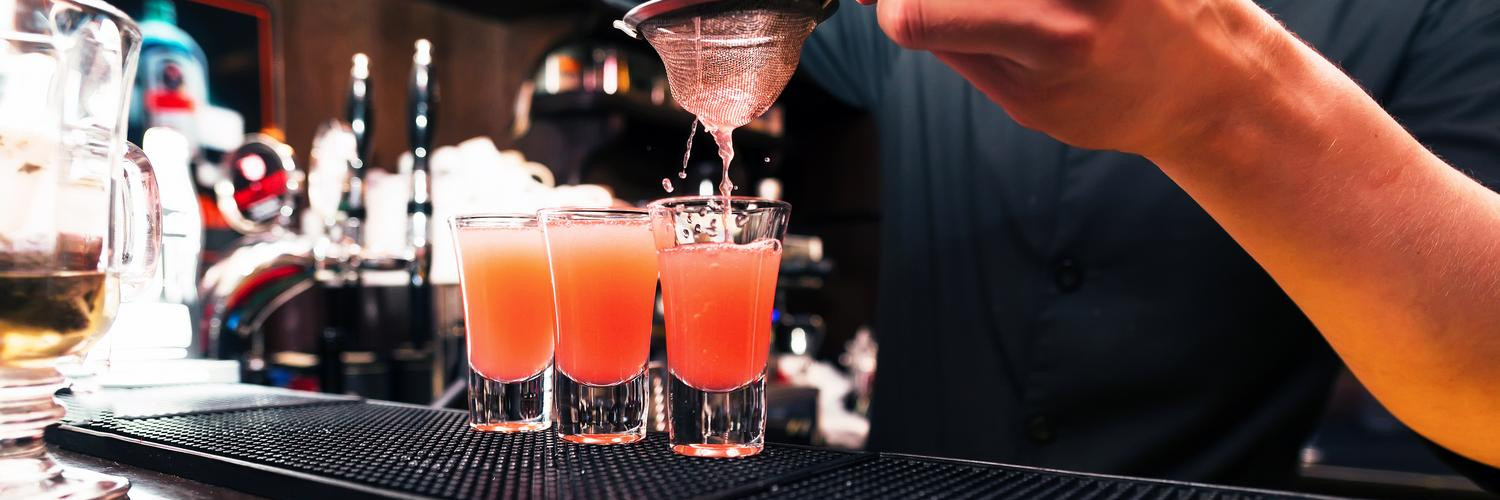Now that we’re at the end of January, when many of us have been avoiding alcohol since the start of the new year, it’s a great time to take a look at some of the huge benefits that cutting out drinking have for our dental health.
Firstly, if you’ve been teetotal this month, then you’ve avoided the often considerable acid levels in many alcoholic drinks. The acid found in beer and wine erodes the enamel, and can even erode the underlying dentin if the problem is left alone for too long. Dark-coloured drinks like dark beers and red wine also have a staining effect on teeth. Chromogens (the source of the colour in drinks) work in tandem with the acid and attach themselves to partially eroded enamel and discolour the teeth.
Alcoholic drinks are often high in sugar too. While many of us avoid sugary soft-drinks at home to protect our teeth, it often slips our mind that a pint of cider at the pub can contain huge levels of sugar. In fact, in a study conducted for The Telegraph in 2014, it was found that “a single pint of cider contained almost as much sugar as the World Health Organisation (WHO) recommends should be an average person’s daily limit”. These drinks’ lack of clear labelling, as well as our tendency to drink more in pubs, means that we often consume much more sugar than we realise.
There are ways of avoiding these adverse effects – drinking plenty of water between drinks avoids dehydration, making it easier for saliva to remove plaque and bacteria from the teeth. Drinking through a straw can also help the drink to bypass the teeth entirely, though drinking your pint of stout through a straw might raise some eyebrows in your local Wetherspoons!
If you’re concerned about the effect that drinking has had on your dental health, or you’re looking for some help to reverse the damage that discolouration has done to your smile, our team would love to speak to you, and make some recommendations about how we can help you restore your teeth to their former glory. Get in touch with us here!


